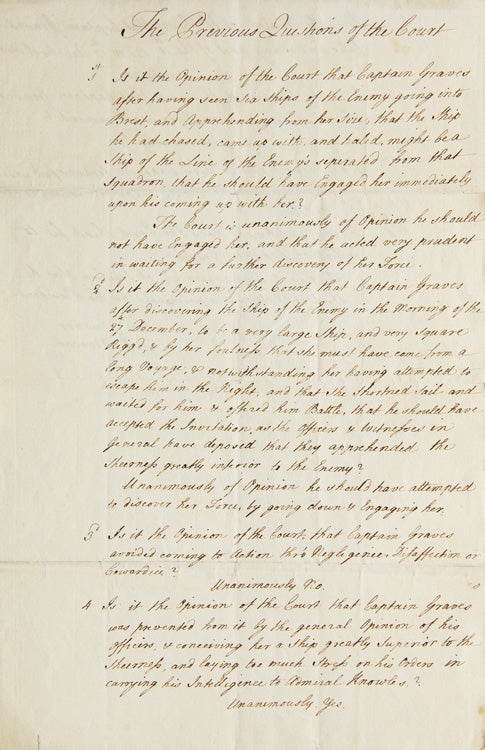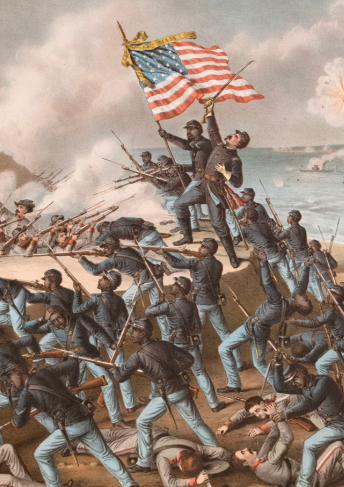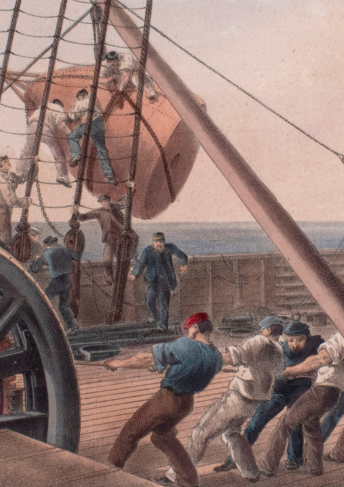
Court Martial of Capt. Thomas Graves, 1757: Manuscript Verdict
Manuscript Document entitled "The Previous Questions of the Court" giving the Court's final opinions and sentencing at the Court Martial of Captain Thomas Graves.
[London]: January 27, 1757.
Price: $1,500.00
About the item
1-1/2 pp., fair copy in a contemporary secretarial hand, on the first leaf of bifolium; docketed on verso of 2nd leaf "The Previous Questions of the Ct. Martial". 1 vols. Folio. Court Martial of Capt. Thomas Graves, 1757: Manuscript Verdict. Old folds, minor soiling to outer leaf.
Item #222938
Remarkable record of a critical moment in the early career of one of the Britain's most famous naval officers, Sir Thomas Graves (1725-1802), who subsequently served as Governor of Newfoundland from 1761-1764, and, during the American Revolution, received much of the blame for the failure to relieve Cornwallis at Yorktown.
In this 1757 Court Martial before the High Court of Admiralty, Graves was held accountable for his actions in the Channel as Captain of the Sheerness. "On 14 December 1756 off Ushant, Graves discovered six ships to windward of him and he sailed down to them and tacked across the squadron several times in order to ascertain their exact strength and destination. The precise detail he sent to the Admiralty was warmly approved by the board. The warmth of this approbation was diminished when, on the night of 26 December 1756, Graves saw another vessel which he judged also to be a French ship of the line, possibly separated from those seen earlier; because of the disparity in size he did not attempt to engage her. An Admiralty inquiry, deciding the ship was a French East-Indiaman and that Graves should have engaged, ordered his court martial." (ODNB). As this document records, Graves was sentenced to be publicly reprimanded for an error of judgment; but his career did not appear to suffer from it.


